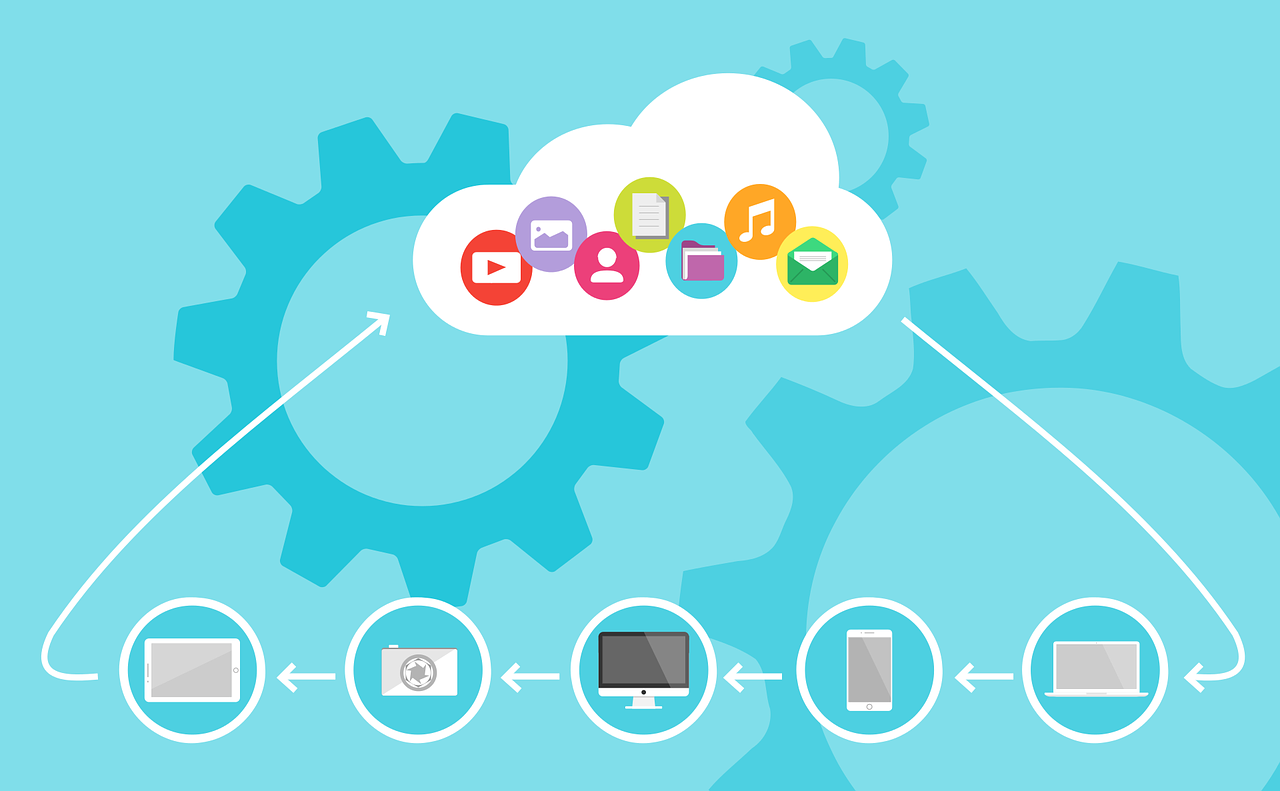Last Updated on: 22nd November 2023, 06:13 pm
It should go without saying that one of the major virtues of cloud computing is its significant rate of elasticity – its ability to scale to nearly any amount of demand. Companies of all sizes may immediately spin up extra resources to support any requirements they meet, regardless of how unforeseen, by making good usage of cloud infrastructure. Therefore, you can avail of some significant apps in business continuity planning with cloud computing.
Originally, an enterprise may have multiple sets of backup hardware on hand, setting these platforms for autonomous redundancy if any of them became unusable. According to leading IT implementations specialists FMT Consultants Inc, this is an appropriate and feasible strategy for organizations with significant resources and substantial IT staff. However, it is less than suitable for small and medium-sized firms.
It entails spending money that may otherwise be used to expand the firm. Configuring and keeping track of internal storage is required. It entails keeping a large amount of hardware you might never utilize.
There is another option using the cloud.
Although we still highly advise retaining at least a minimum level of hardware resilience, backup and recovery as a service make use of the cloud’s features. This enables continuous, safe system and data restoration, as well as near-instant redundancy and more effective recovery. Furthermore, it provides these features to your company for a portion of the expense of native backups.
Business Continuity Plan: Meaning
A business continuity plan or BCP is a draft that outlines how a company will continue to operate in the event of an unanticipated service outage. It is more complete than a disaster recovery plan in that it includes alternatives for business operations, resources, human resources, and business associates — in short, any component of the organization that might be affected.
The Significance of a Business Continuity Plan
Catastrophic events have become more common as a result of climate change. Organizations have persevered throughout these difficult times but at a high cost. Pandemics and natural outbreaks have a long-term impact on corporate operations. Many businesses suffer operational issues as a staff is delayed with unpredictable return dates in multiple areas.
Furthermore, hostile groups have begun to target organizations with targeted assaults, including APTs, social engineering, and malware.
Any company interruption will have an effect on financial development or revenue, reputation, and customer satisfaction. Organizations must deal with such a catastrophe with a thorough action plan to enhance robustness against potential interruptions and plan for recovery and growth. It is vital for the organization to have a strong, safe, and economical BCMS (Business Continuity Management System).
Cloud Computing’s Emerging Architecture
Organizations are experimenting with new methods to employ tech platforms that would help their operations, such as sponsored corporate apps, serverless computing, and virtual hosts.
The necessity for installing cloud solutions has increased significantly since it helps the organization in a variety of ways. The privacy, authenticity, and scalability built into cloud solutions assist organizations in streamlining their principles, procedures, and innovation in terms of legal laws, due diligence, and aesthetics.
How to Enhance Your Business Continuity Plan with Cloud Solutions?
When crises compel remote work, cloud computing delivers IT resiliency for enterprises. Analytics, apps, databases, servers, storage, and connectivity are all examples of cloud services. Because services are often provided on order, you may quickly expand bandwidth. Below listed are some ideas to help you enhance your business continuity plan with Cloud solutions:
- Recognize that cloud infrastructure is not a replacement for strong procedures and rules. Even if you choose a cloud DR solution, you must define your important assets, develop a communication and responsibility strategy, and understand which systems and data must be prioritized to maintain business continuity.
- Evaluate your backup and recovery solutions on a regular basis. Automation is excellent since it cuts your burden tremendously, but you must ensure that it truly works. You can’t just sit back and think everything is taken care of.
- Make a plan for staying connected with suppliers, collaborators, and investors during a catastrophe. It is vital to keep everyone informed of what is going on.
- Establish a security response strategy parallel to a crisis management plan. Cybercrimes and data theft are not the same as equipment breakdown and natural catastrophes; they are more concerned with investigations and avoidance than with endurance, and you must grasp this.
- Regardless of the cloud recovery option you pick, ensure that it meets your industry’s security criteria. If you are in the healthcare sector, for instance, you cannot use conventional enterprise data recovery software; you must use one that is totally HIPAA-compliant.
- Keep your network and information up to date. The simplest approach to avoid a catastrophe, whether due to a system crash or bad weather, is to ensure your company is running like well-oiled gear throughout.
To Sum Up
A lot of stuff about the cloud focuses on its ability to encourage greater business adaptability and more efficient scalability. It’s unquestionably well-suited to both of those scenarios. However, we would be doing the tech an injustice if we didn’t explore its ability to strengthen company dependability, data recovery plans, and resilience. That is possibly one of its best assets.
With the beginning of your respected organization’s aims to push a business continuity plan, the option of utilizing cloud services must be viewed in terms of its benefits for an organization in terms of cost and data security.








